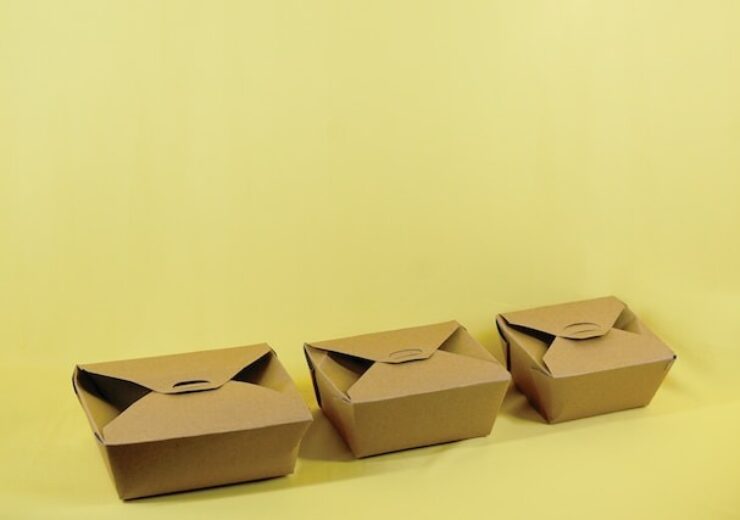The partnerships in the US are expected to broaden TIPA's global client base while improving the capabilities of domestic packaging manufacturers apart from lowering global carbon emissions by reducing shipping lengths

TIPA joins forces with PPC Flexible Packaging and Clearview Packaging to boost compostable packaging production in US. (Credit: Agenlaku Indonesia on Unsplash)
TIPA has forged partnerships with PPC Flexible Packaging and Clearview Packaging to manufacture compostable packaging in the US for their respective customers.
PPC Flexible Packaging and Clearview Packaging are US-based packaging manufacturers. The firms will employ TIPA’s technology to produce compostable packaging.
Based in Israel, TIPA provides compostable packaging solutions for the food and fashion industries.
The partnerships in the US are expected to broaden TIPA’s global client base while improving the capabilities of domestic manufacturers. Besides, it will lower global carbon emissions by reducing shipping lengths, said TIPA.
TIPA CEO and co-founder Daphna Nissenbaum said: “Following our acquisition of Bio4Pack, we have doubled down on our commitment to expand our operations in the most strategic markets for our business.
“Our partnerships with PPC and Clearview represent an important milestone in the fight against plastic pollution and we admire the commitment of both companies to sustainable manufacturing processes.”
PPC Flexible Packaging’s main packaging facilities in the US are in Illinois and Utah. Their manufacturing portfolio will be boosted with the addition of TIPA’s compostable laminates to enable the production of pouches for packaging baked goods, supplements, dry food, vitamins, and others.
Clearview Packaging, which is based in New York, will use TIPA’s compostable films for manufacturing packaging applications like wicketed bags, open bags, zipper bags, resealable bags, and mailers for fashion garments, fresh produce, accessories, frozen food, baked goods, and others.
Globally, flexible packaging is estimated to represent about 40% of all packaging, as per TIPA. However, in the US, where it is primarily used in the food and fashion industries, less than 1% is recycled.
Each year, more than 300 million metric tons of this packaging is produced. TIPA aims to address this by replacing these materials with compostable alternatives.
These alternatives offer the same benefits as conventional plastic packaging, including durability, printability, and transparency.
Furthermore, compostable alternatives come with sustainable end-of-life process as once put in a home or industrial composter, the packaging converts into nutrient-rich soil in just a few months, said the Israeli packaging firm.
PPC Flexible Packaging sales and marketing VP Tatiana Castro said: “Our choice to partner with TIPA was driven by their extensive market knowledge, high-quality solutions, and seamless integration with our existing facilities and operations. As a company rooted in communal values, we take pride in contributing to a sustainable future while upholding our commitment to delivering top-quality packaging.”
